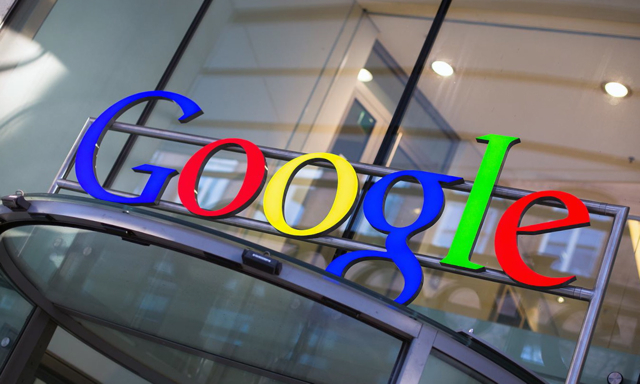Google Intends to Advance Machine Learning With its AutoML
December 6, 2017
In May, research project Google Brain debuted its AutoML artificial intelligence system that can generate its own AIs. Now, Google has unveiled an AutoML project to automate the design of machine learning models using so-called reinforcement learning. In this system, AutoML is a controller neural network that develops a “child” AI network for a specific task. The near-term goal is that AutoML would be able to create a child that outperforms human versions. Down the line, AutoML could improve vision for autonomous vehicles and AI robots.
Futurism reports that, “for this particular child AI, which the researchers called NASNet, the task was recognizing objects — people, cars, traffic lights, handbags, backpacks, etc. — in a video in real-time.” AutoML’s job would be to “evaluate NASNet’s performance and use that information to improve its child AI, repeating the process thousands of times.”
Google declared the project a success when NASNet was tested on what its researchers call “two of the most respected large-scale academic data sets in computer vision” — ImageNet image classification and COCO object detection — and beat out all other computer vision systems. More specifically, “NASNet was 82.7 percent accurate at predicting images on ImageNet’s validation set,” which is “1.2 percent better than any previously published results.”
NASNet is “also 4 percent more efficient, with a 43.1 percent mean Average Precision (mAP),” and “a less computationally demanding version of NASNet outperformed the best similarly sized models for mobile platforms by 3.1 percent.”
Futurism notes that, “AutoML could open up the field of machine learning and AI to non-experts,” and that “for NASNet specifically, accurate, efficient computer vision algorithms are highly sought after due to the number of potential applications.” For that reason, Google researchers have “open-sourced the AI for inference on image classification and object detection,” writing in a blog post that they “hope that the larger machine learning community will be able to build on these models to address multitudes of computer vision problems we have not yet imagined.”
Some concerns related to “the creation of an AI that can build AI” remain, such as the possibility of a parent “passing down unwanted biases to its child” and systems that are created “so fast that society can’t keep up.”
To that end, “Amazon, Facebook, Apple, and several others are all members of the Partnership on AI to Benefit People and Society, an organization focused on the responsible development of AI … The Institute of Electrical and Electronics Engineers (IEEE) has proposed ethical standards for AI, and DeepMind, a research company owned by Google’s parent company Alphabet, recently announced the creation of group focused on the moral and ethical implications of AI.”
Related:
Google Launches Cloud Video Intelligence API Out of Beta, VentureBeat, 12/5/17


No Comments Yet
You can be the first to comment!
Sorry, comments for this entry are closed at this time.